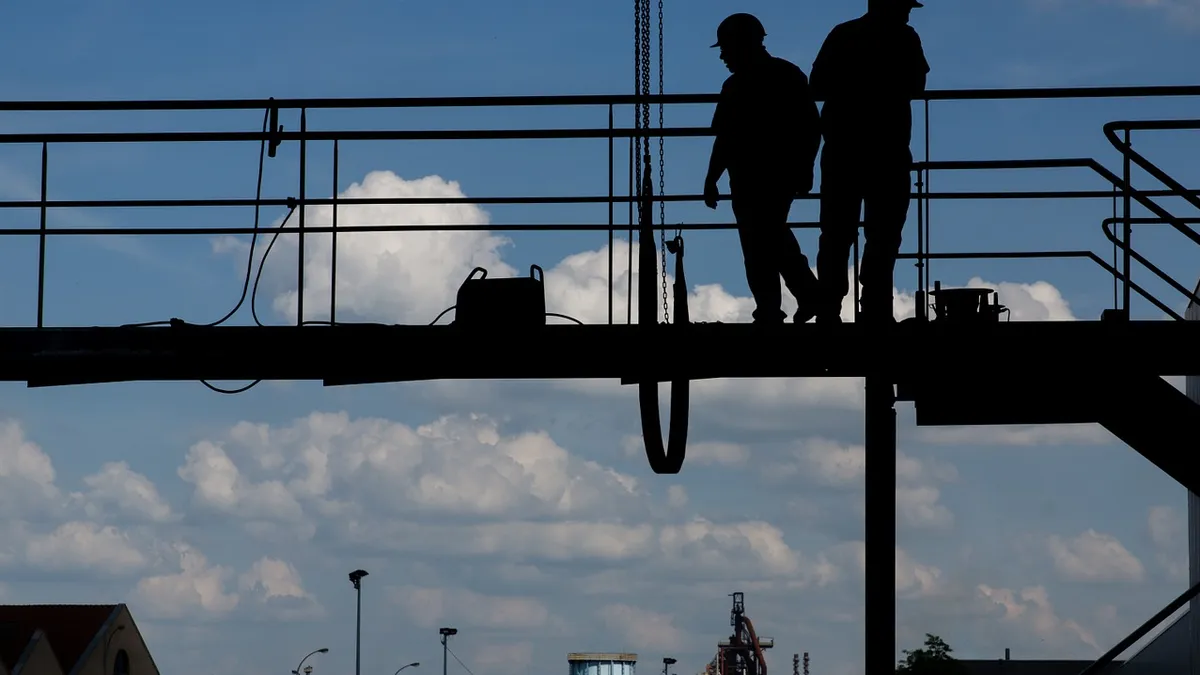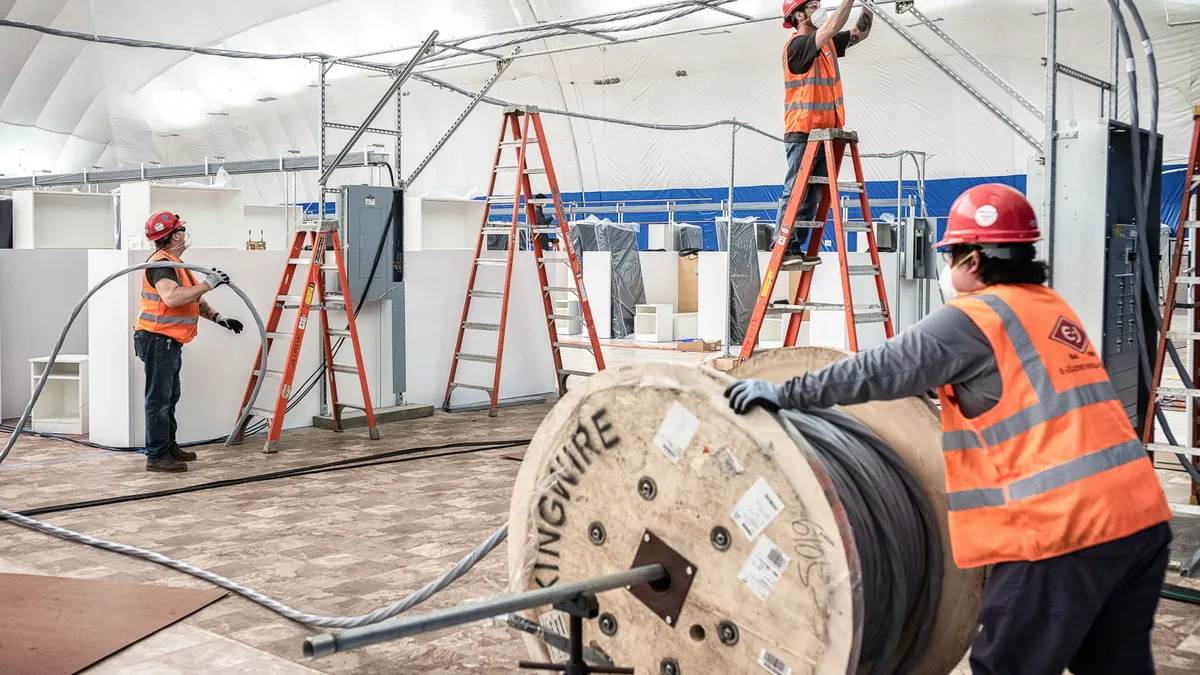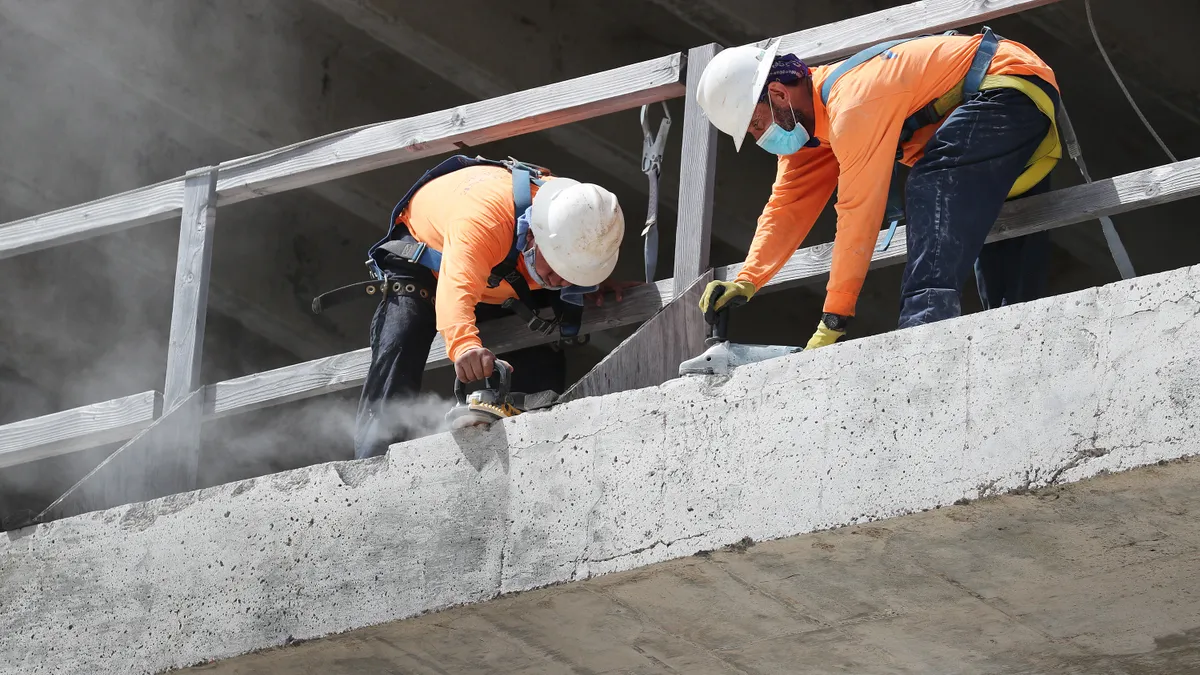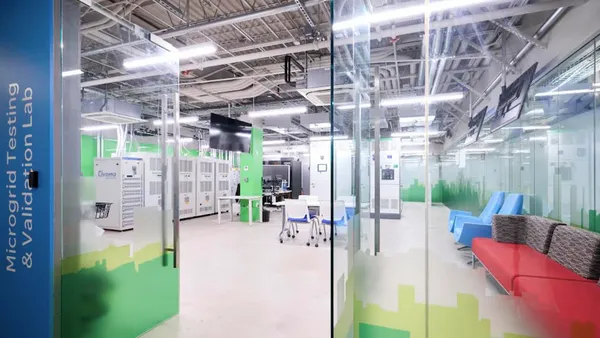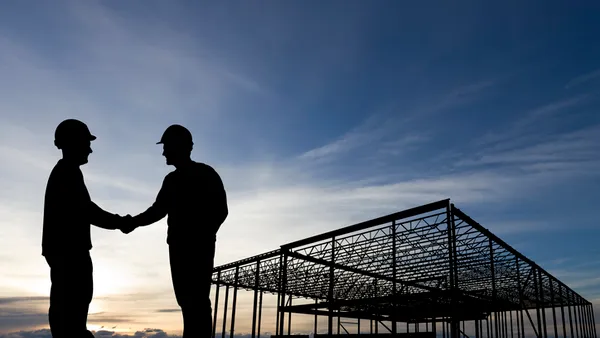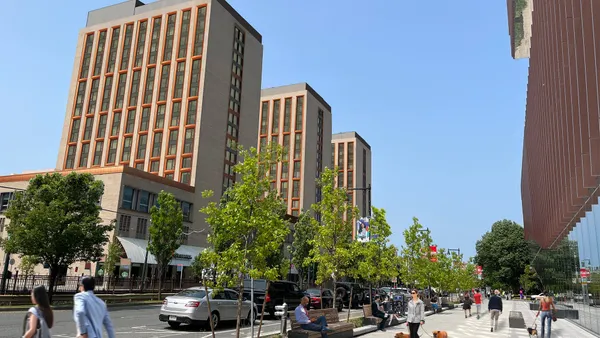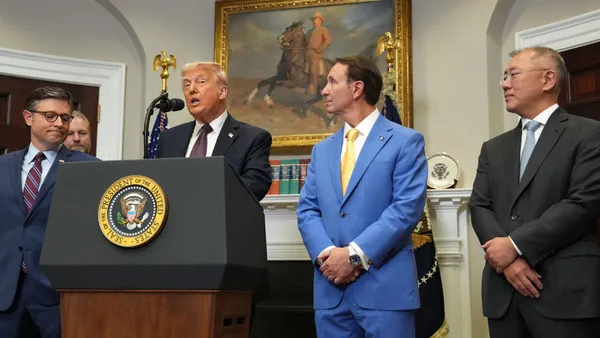Two of the construction industry's most high-profile customers delivered a call to action to root out hate from jobsites during the closing keynote address of the National Institute of Building Sciences’ Building Innovation Conference this week.
Compass Datacenter’s Nancy Novak and Microsoft’s Doug Mouton told attendees of the virtual conference that safety, productivity and profits were directly related to promoting an inclusive and diverse environment in the field.
Citing several incidents of nooses and hate-filled graffiti appearing at major construction jobsites in the U.S. and Canada, the speakers said that the construction industry is facing a critical moment. They urged attendees to recognize that non-inclusive behaviors on jobsites drive talented workers away from the construction sector, while making sites less safe.
Mouton, who is general manager of global datacenter procurement and construction at Redmond, Washington-based Microsoft, said now was the time for change in the building industries.
“We have all experienced the direct impact of the Black Lives movement and this deep divide that we, as a country, need to come to grips with,” Mouton said. “We are seeing acts of hate and racism on our sites, not just datacenter sites, but North American construction in general. There is a spate of activity. And it really shocked me.”
Mouton said the manifestation of hate in the industry was particularly troubling for him, because he routinely strives for inclusivity in his projects, and encourages other owners to do so as well.
“I believed if I could show up onsite and talk about the importance of diversity and inclusion to celebrate a few underrepresented folks, I believed I was checking a box,” Mouton said. “But I absolutely was not. The last month is proving to me that was an incorrect assumption, and the way for us to really make a difference is to challenge all the paradigms of stereotypes on our jobsites.”
Words matter
Novak, who serves as chief innovation officer at Dallas-based Compass Datacenters, told attendees that the language used on work sites is a key starting point to engender more inclusivity in the industry.
“In an everyday conversation, you don’t even realize how important words can be,” Novak said. “So when you say things like, ‘Oh, that’s so gay,’ or ‘That’s so White of you,’ or ‘We got gypped,’ little things that are part of your daily vernacular, those are microaggressions that are very harmful in the long run.”
She said damaging behaviors on-site include not paying attention to others when they speak, not letting them finish a sentence, not giving the respect of eye contact during interactions and highlighting the achievements of one person over another.
“Those are micro behaviors that can lead to a less inclusive workforce, and it can lead to good talent leaving, honestly,” Novak said.
She pointed to the male-oriented history of construction, and a "culture of non-inclusion" that’s been built up over years, leading to less safe work environments.
“The macho, manly kind of approach to the blue collar workforce has been around for decades,” Novak said. “A lot of that is the result of having to use brute strength to do the work, which, with some of the modern methods of construction, is no longer a factor. Whether you're a White male or not, it's harmful to have that kind of an attitude on the jobsite, because it does lead to an unsafe environment.”
Talent search
Novak made the case that taking small steps that lead to more inclusion and diversity is directly tied to a firm's profits.
"An inclusive business is one that's more profitable, one that's more friendly to work at, one that will be more productive and obviously, one that is going to attract a lot of talent," Novak said.
In fact, providing an environment where employees feel like they belong was just as important as maintaining a safe workplace, according to Mouton.
“We're really trying to connect the dots between not only the burden we have as leaders to provide a physically safe site, but the reality of providing that emotionally safe site,” Mouton said. “This is probably the area where I'm doing the most growth as a leader this year.”
Novak said that in order for inclusion to take center state at construction firms, industry leaders need to make it a business decision first.
“I'm very anxious for leaders to understand the dire necessity to become more inclusive,” Novak said. “When you talk to large global clients, Microsoft being one of them, they have this feeling that if they’re not successful with this initiative, they will become irrelevant. And the reason for that is there's so much talent out there, you can't leave this much talent on the sideline."



